White Meat Pairing

Unique limited‑edition collaboration between Snow Peak (yes, that Snow Peak that makes camping gear) and the famous brewery Asahi Shuzo (Niigata)
Kubota’s seasonal “Seppō” release is uniquely versatile—equally compelling at any serving temperature. When gently warmed, the sake’s Yamahai fermentation reveals a fuller, rounder mouthfeel; chilled, its design sharpens, delivering a crisp, precise profile.
Aroma & Flavor
The nose presents some fragrant Japanese cedar and pine, as well as subtle chestnut notes. On the palate, the sake balances lightness with a generous richness: honey, sweet rice, and a rounded texture join for a clean, dry finish. As we warm up the sake, we get faint pepper and cocoa nuances, offering a sophisticated edge reminiscent of a refined red wine.
Structure & Texture
Body: Light yet surprisingly robust.
Texture: A touch crisper at lower temperatures then becomes progressively rounded at warmer.
Acidity: Slightly elevated, making for excellent food‑matching potential.
Food Pairings
Warm service: Tempura, dumplings, and lightly fried chicken or fish accentuate the sake’s depth.
Cold service: Fresh crudités with creamy dips, delicate salads, sashimi, and mild cheeses—such as goat‑milk Gouda or aged cow‑milk Cheddar—highlight its bright acidity and clean finish.
Occasion
I wouldn’t recommend this sake for “beginners.” Those who are a bit more versed in sake will enjoy the subtle nuances here. True to the collaboration, it shines beside a campfire and even within upscale dining settings, embodying both rustic and contemporary aspects.
Hyaku Moku Alt 3 is a special sake as it’s an unusual combination of several genshu (original strength) brewed from high quality yamada nishiki rice by a master blender. This makes for, despite the genshu origins, an exceptionally well balanced sake that’s both full bodied and slightly brighter than their Hyaku Moku Junmai Ginjo equivalent.
There’s also some slight fragrance of fuji apple and muscat.
Bring this one to your next salad or chicken dinner. On its own, the Nambu Bijin Tokubetsu Junmai is a solid sake with elements of tender stone fruit. It also has an overall clean flavor profile and low-to-medium acidity.
Where it really shines though is the food pairing potential with deep flavored sauces like an orange glaze or a mayonnaise-base slathered on white meats. When you have a sake that can pull off double duty as a taster’s sake and food pairing, it’s pretty easy to call this it a good value. Serve chilled on its own, or with salads and white meats.
This is Kikumasamune’s first foray into the premium market in 130 years. Called “Hyaku Moku”, the sake is a junmai ginjo made with 100% Yamada Nishiki grown in Miki City, Hyogo Prefecture. Hyaku Moku has well-balanced richness, ripe fruit, medium body, soft texture and robust umami.
Hyaku Moku pairs well with Italian and French cuisine thanks to its profile resembling a barrel-aged California chardonnay wine.
Azumaichi “Higashi Ichi” Junmai Daiginjo is a complex, medium-full bodied sake with fantastic aromas of ripe cantaloupe, guava and even a touch of ramune. It has balanced acidity, medium-long finish, and a taste reminiscent of ripe banana.
This is a fantastic sake to chill, relax and enjoy on the porch with. The Azumaichi can also be paired with grilled chicken dishes like chicken satay, and even richer foods like fois gras! Overall, it’s an excellent quality sake that anybody will love.
Tamajiman Yamahai Jumnai Genshu from Ishikawa Brewery based in Tokyo, Japan at the offset strikes a classic sake profile: it’s clean, medium-to-fuller bodied and inspires you to grab some charcoal grilled skewers like yakitori. You’ll certainly want to have some food with this sake.
Where it shines more is when you gently heat up the Tamajiman sake to jo-kan (115 degrees F/45 degrees C) or even atsu-kan (125 degrees F/50 degrees Celsius). At that point, heat draws out a surprising sweetness in the sake that keeps you refilling your sakazuki cup time after time. If there was a sake to open up with your warm meal especially on the colder days, this is it.
This is a more refined version of Kikumasamune’s Hyaku Moku. Similar to their junmai ginjo, this junmai daiginjo is made with 100% Yamada Nishiki grown in Hyogo Prefecture but grounded to a 39% rich polishing ratio.
As a result, Hyaku Moku daiginjo is has a slightly richer profile with excellent balance of acidity and dryness. There are tropical fruit tones like juicy lychee and subtle hints of strawberry.
Brewed using black koji (kuro koji) instead of using yellow koji, Ikegame’s junmai daiginjo produces slightly more aciditiy and allows the sake to pair well with different meat dishes. The result is also a soft, delicate and slight fruity finish with a splashy aroma of apples and lychee. Enjoyable to have slightly chilled by itself or with food.
There’s a subtle elegance in Otokoyama’s Kita no Inaho, a junmai daiginjo.
With a mild, grape-on-the-vine aroma and a clean, understated profile, this sake reveals layers of nuanced rice character. It’s suited for pairing with delicate dishes like sushi, steamed fish, or even something like a Chinese steamed chicken with hot oil and green onions.
Otokoyama Kita no Inaho is smooth and unassuming that you'll find yourself reaching for glass after glass. It’s a great choice for sake enthusiasts looking for something nuanced and sophisticated.
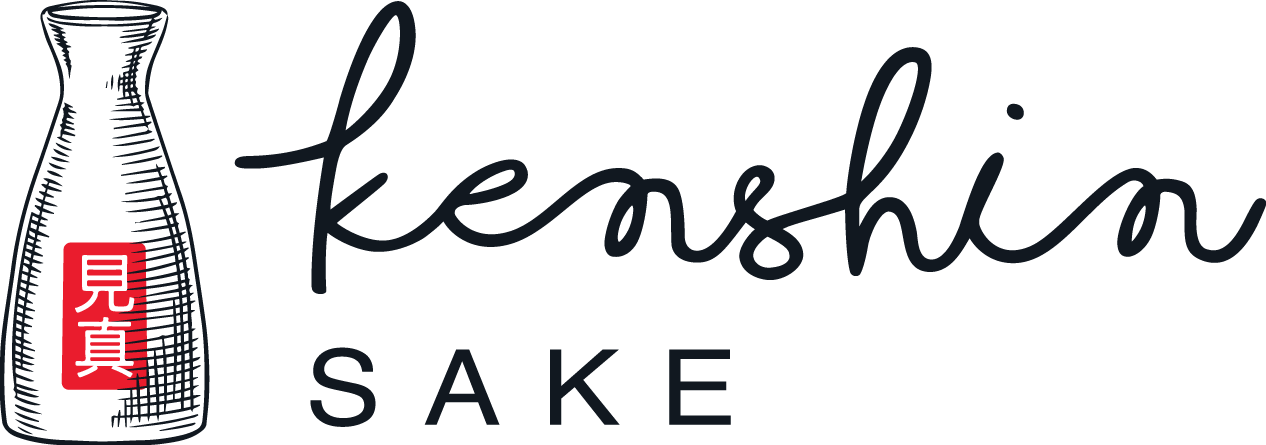
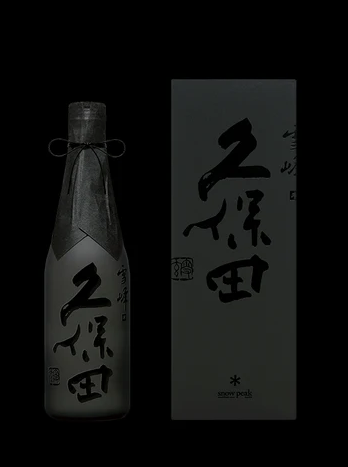
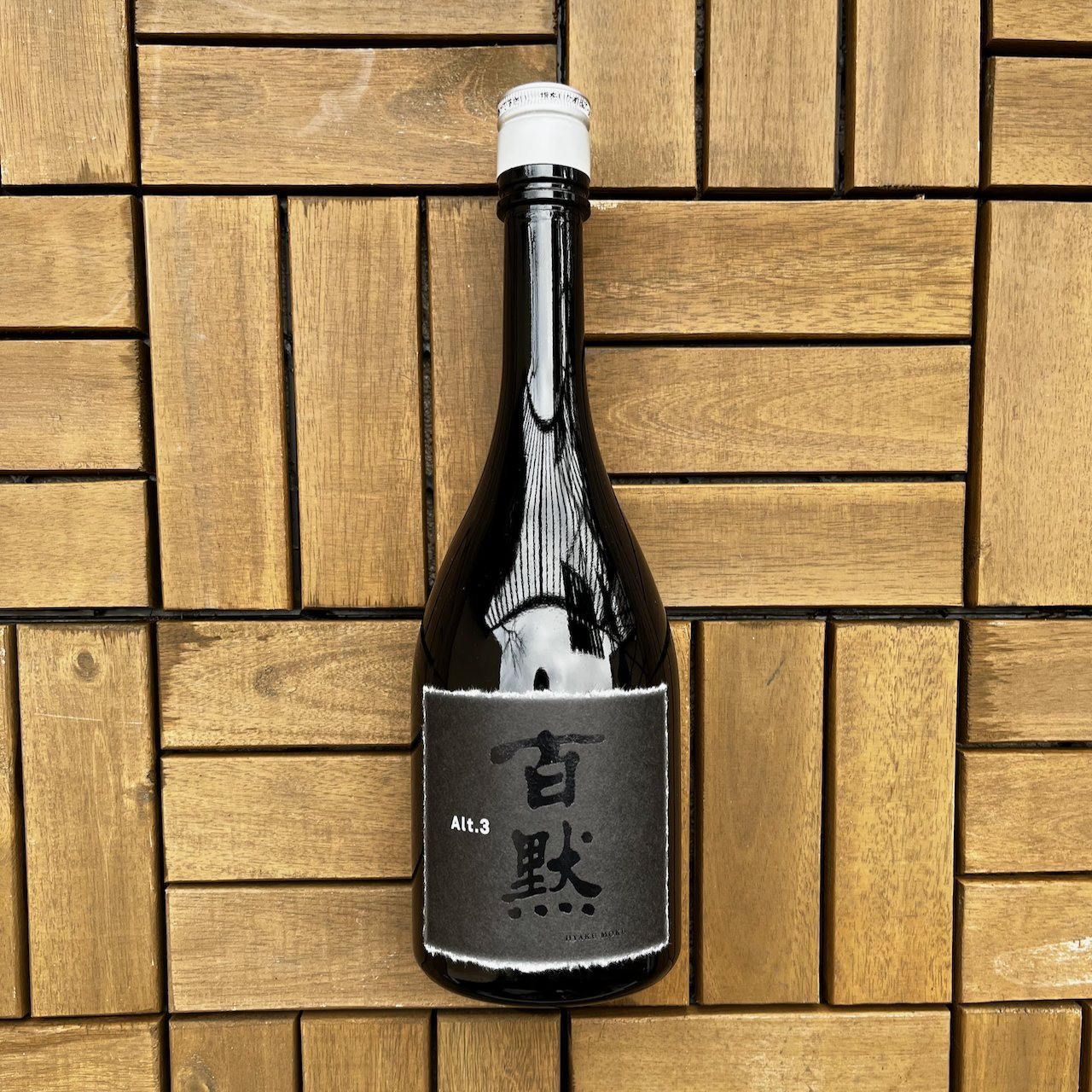


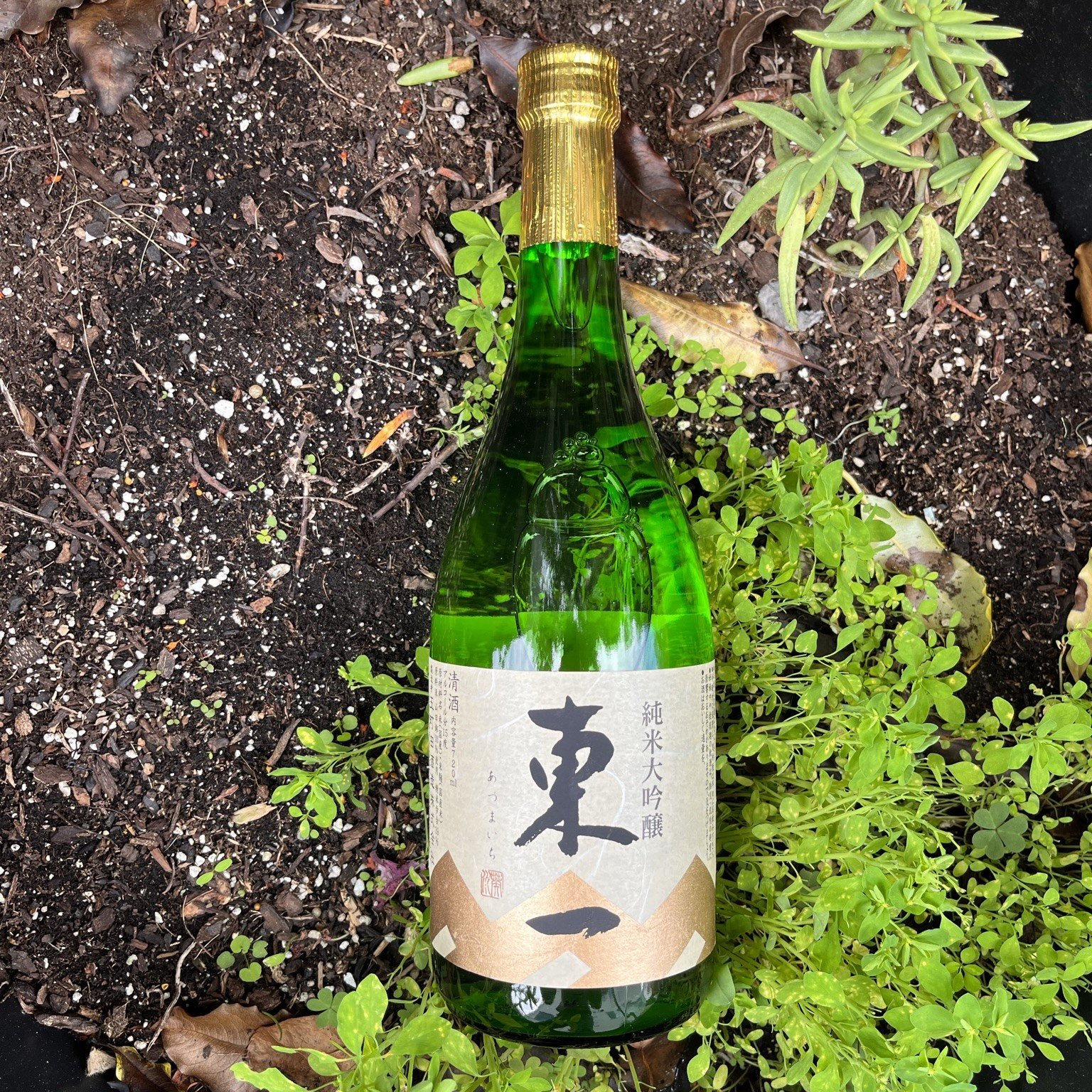


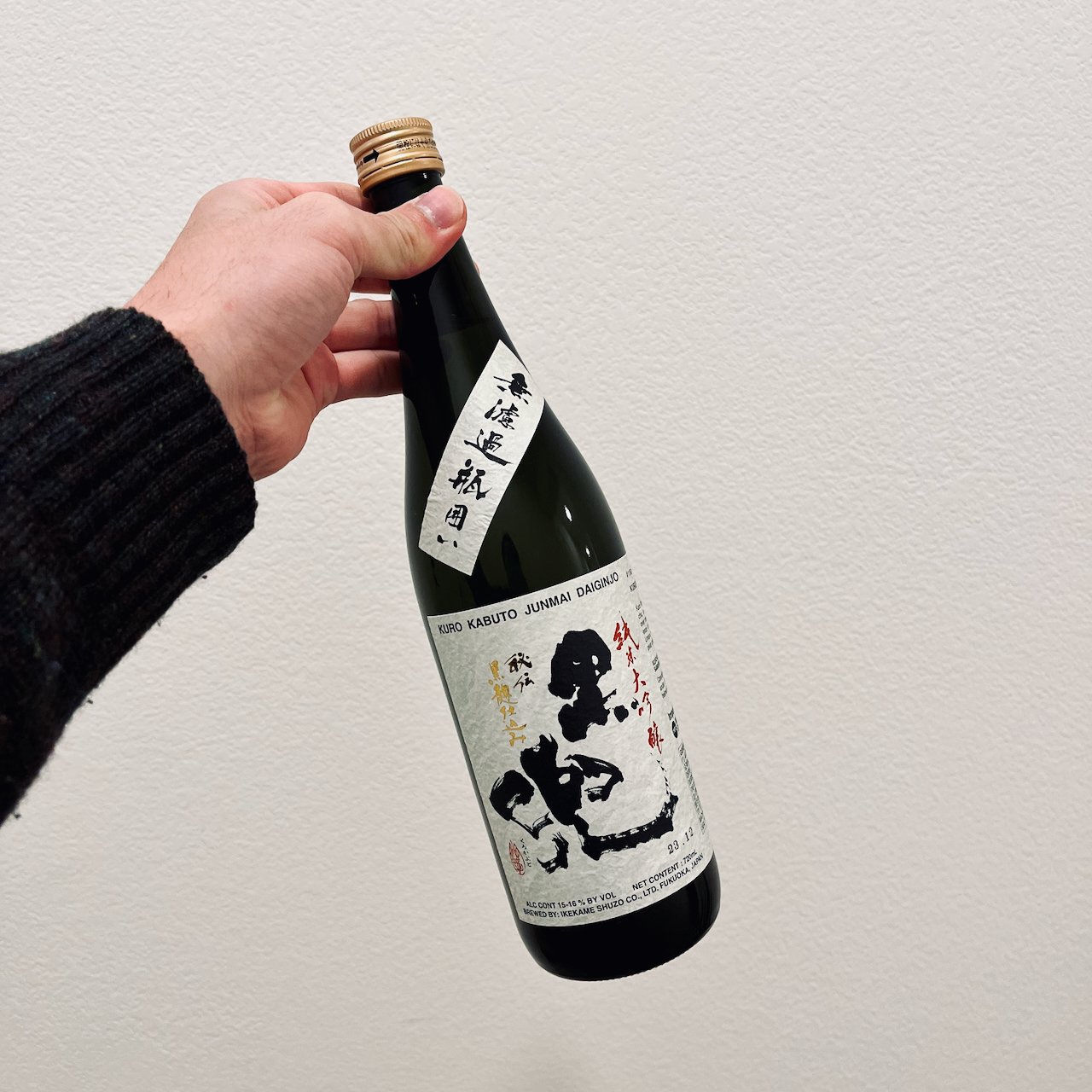
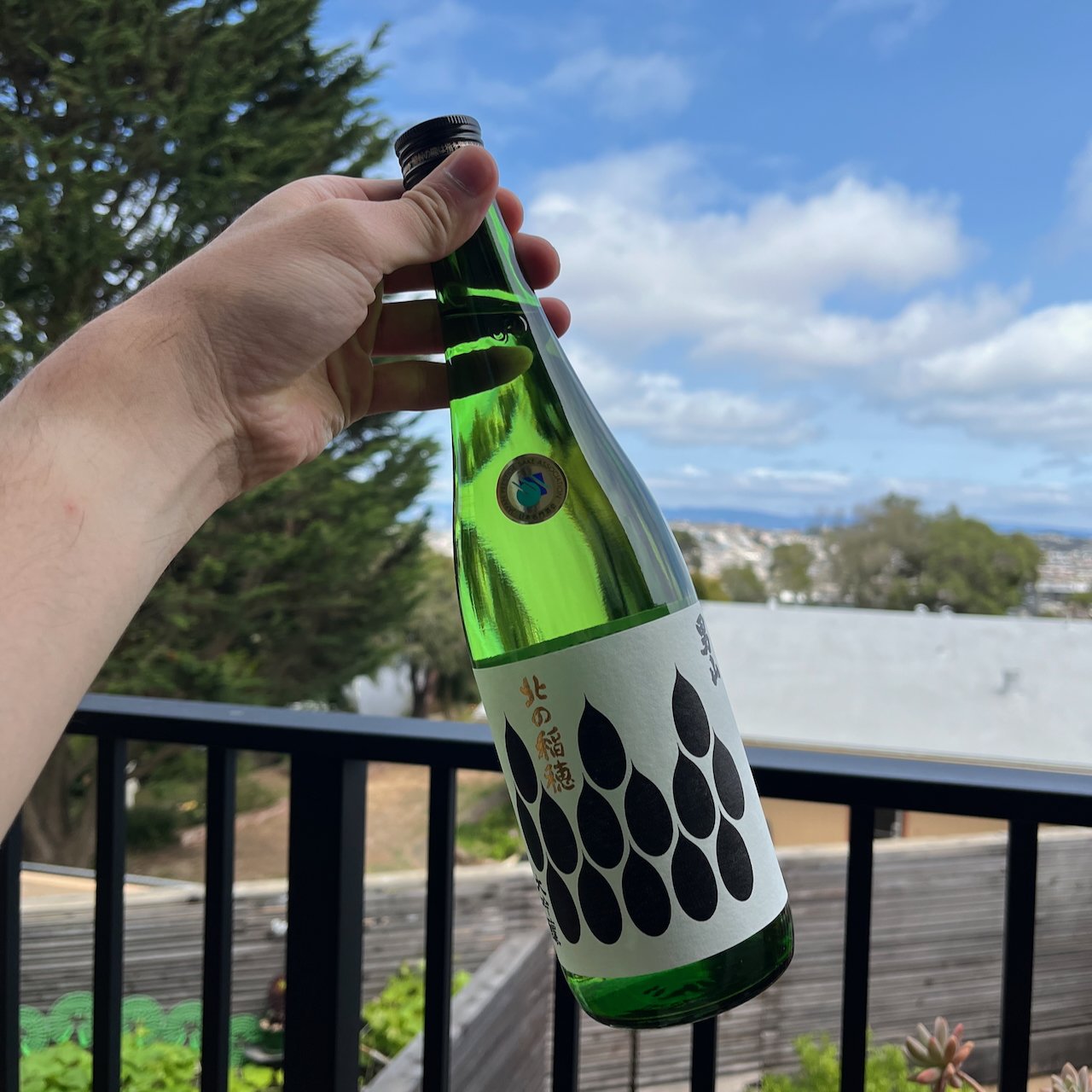
The seemingly effortless harmony so characteristic of Yamahai sake is present in Tengumai's masterful brew. Gorgeous pale straw pour, with a funky mushroom nose to match the acidic, dry and earthy first impression. While savoring the buttery mouthfeel, one may even notice hints of walnut bread and honeyed mead. When chilled, the more floral notes come into play.
Enjoyable at all serving temperatures but recommended to warm up!